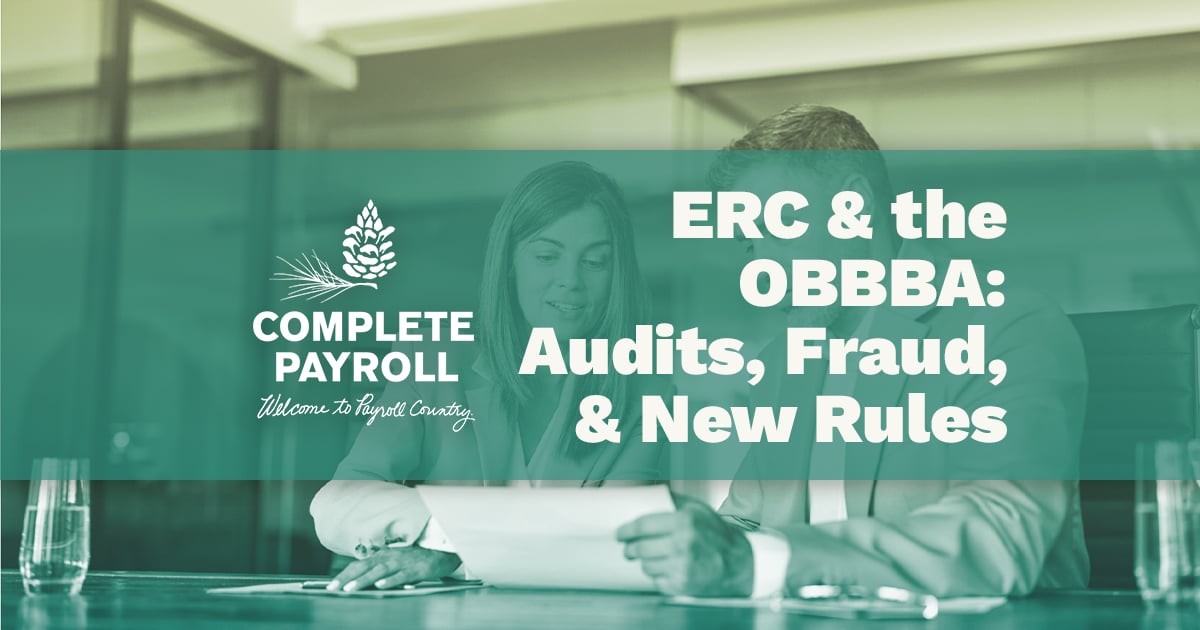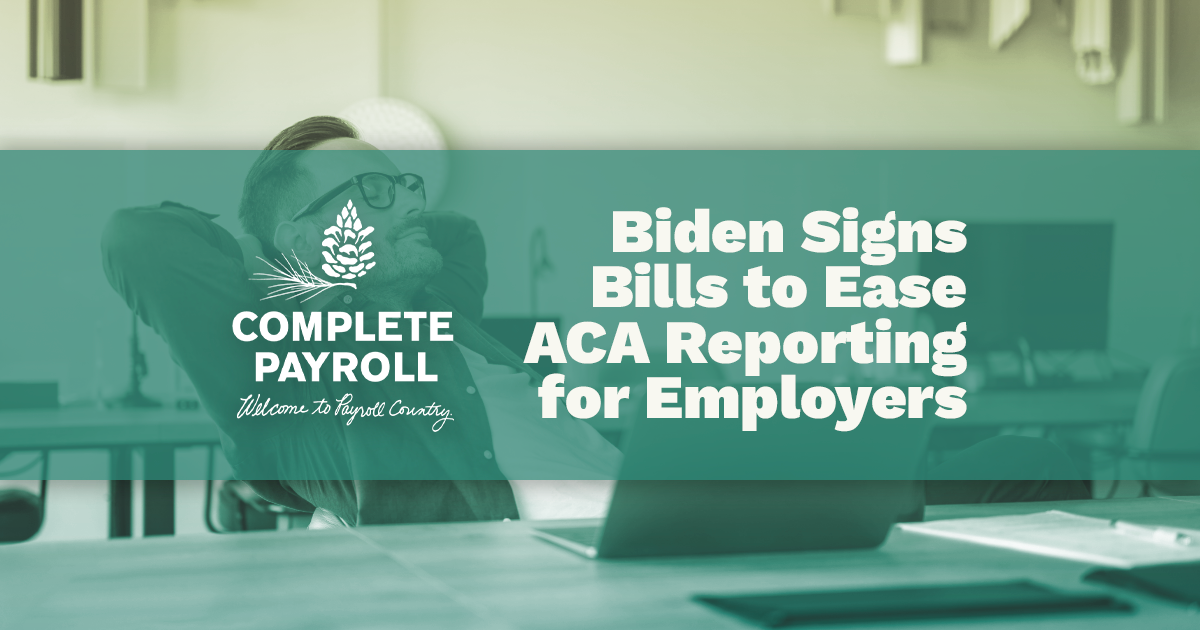Year-end bonuses are a great way to appreciate your hardworking employees during the holiday season. However, it's important to plan and distribute bonuses correctly and follow tax regulations to avoid any legal or financial issues.
What Are the Benefits of Year-End Bonuses?
Giving year-end bonuses reflects the saying, "It's better to give than to receive," benefiting employers by boosting employee morale and retention. Employees are a company's most valuable asset, and bonuses are a vital factor in maintaining a positive company culture.
Reducing turnover, which is expensive for companies, year-end bonuses can be a cost-saving strategy. Moreover, bonuses may lead to tax benefits, improve workforce productivity, and make the company more attractive to potential employees.
Main Types of Year-End Bonuses
Profit-Sharing Bonus
Profit sharing is a type of business module where the employees' year-end bonus reflects how profitable your company was that year. These types of bonuses are typically a percentage of your company’s earnings and profits for the entire year.
This is a great type of year-end bonus, as it encourages the employees to work hard towards the overall success of your company and gives them a sense of ownership!
Holiday Bonus
A holiday bonus, also referred to as a Christmas bonus, is given out at the end of the year around the holidays. This is a great way to show your employees that you are thankful for their hard work, and is an appreciated gift. This can either be in the form of a percentage or a set rate.
Sales or Commission Bonus
A sales bonus is a type of bonus that is given to either an individual or team in sales based on their yearly performance. The more sales they make, the larger the bonus. Again, this can be in the form of a percentage of sales or simply a flat amount, and it is an effective incentive for employee performance.
Goal-Based Bonus
Goal-based bonuses can correlate with your company's goals, such as when an individual or a team meets goals that help your company meet its growth objectives.
The goal is typically set by your company, and if the individual or team achieves that goal, then they’re rewarded with a bonus. This is also a great way to incentivize working towards the overall goal of your business and also helps your employees feel a sense of ownership and pride in the success of your company!
How to Calculate Year-End Bonuses
Selecting and calculating year-end bonuses involves choosing the right type for your workforce and devising a method that is equitable, cost-effective, and minimizes stress.
Bonuses can be performance-based, based on a percentage of the employee's salary (typically ranging from 5-10%, but there is no limit,) a uniform flat rate for all employees, or profit-sharing, where bonuses correspond to the company’s annual profits. Each method has its merits, with fairness and morale boost as key considerations.
Year-End Bonus Distribution
Bonuses can be distributed via cash, payroll, or gift card, but processing them through payroll is preferable for tax purposes. Cash bonuses come with tax burdens, making checks a more convenient option as they can be easily taxed at the standard supplemental income rate of 22% for amounts under a million dollars.
Timing is critical; bonuses must be issued before the year's final payroll to ensure proper reporting on employee W-2s. They can be paid as part of a regular paycheck or as a separate check.
Reporting Year-End Bonuses
To comply with year-end bonus regulations, employers must report all bonuses on employee W-2s and ensure taxes are correctly withheld by processing them through payroll. Bonuses should be paid by December's end and reported by January 31st. Employers may deduct bonuses as a business expense under certain conditions, but self-employed individuals cannot grant bonuses to themselves.
It is essential that you adhere to all tax regulations and compliance requirements to avoid legal issues or financial repercussions. If you are unsure if your business is handling your year-end bonuses correctly and legally, contact a payroll professional to ensure that your bonuses are being properly processed!
About the Author
![]() Kim Brown-Webster is Complete Payroll's Director of Human Resources. Kim is a SHRM Certified Professional (SHRM-CP) with over 23 years of Human Resources experience.
Kim Brown-Webster is Complete Payroll's Director of Human Resources. Kim is a SHRM Certified Professional (SHRM-CP) with over 23 years of Human Resources experience.

















 Get Instant Blog Notifications
Get Instant Blog Notifications

%20Need%20to%20Know%20about%20the%20New%20I-9.jpg)
